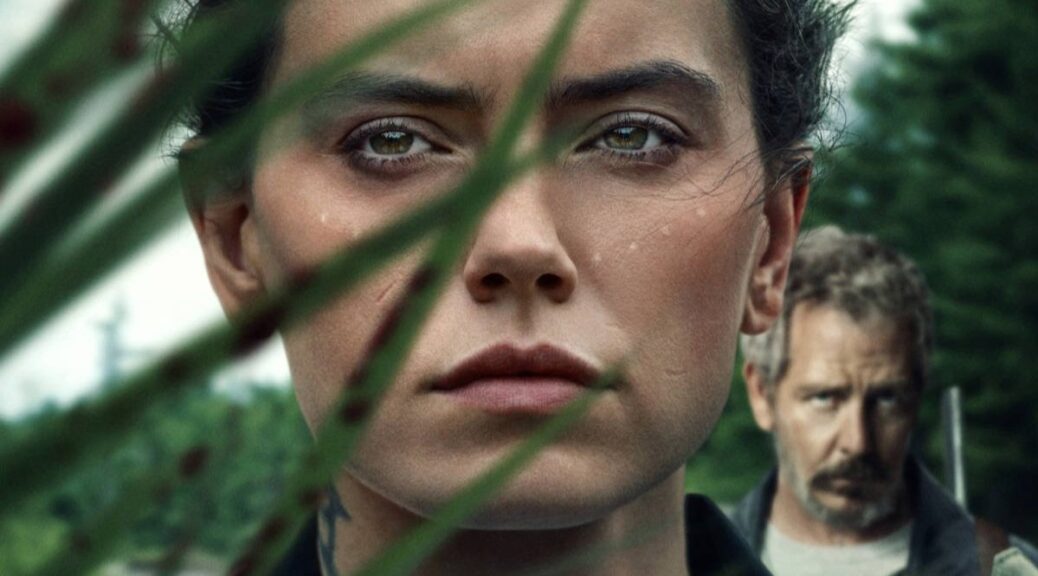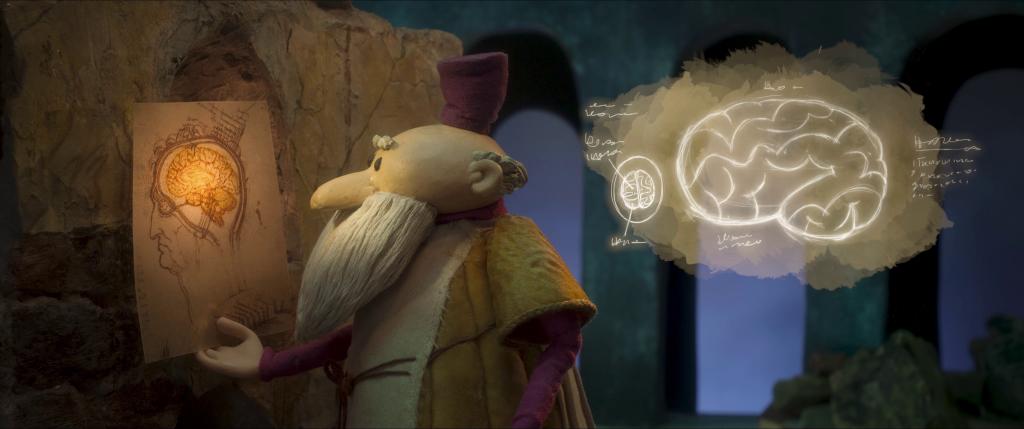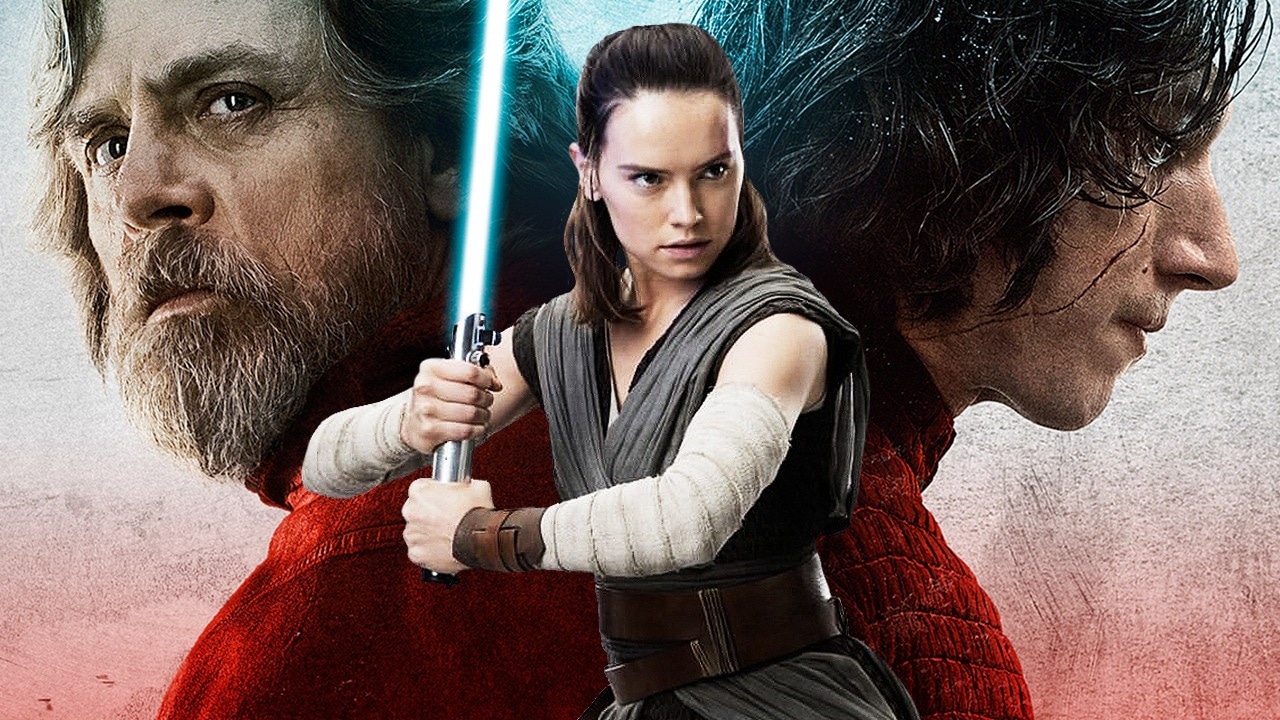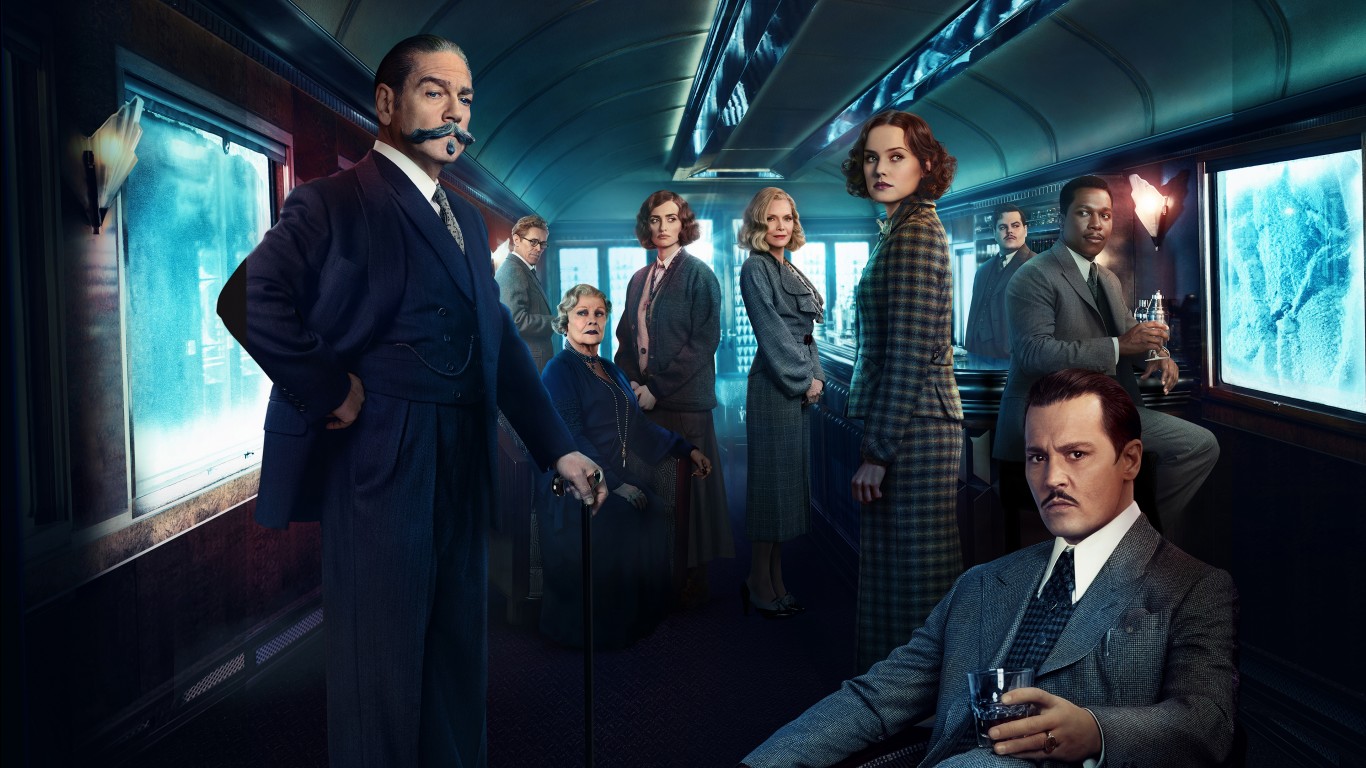Young Woman and the Sea
by George Wolf
She died in 2003 at the age of 98. And to this day, the New York parade that honored her in 1926 is the largest the city has ever given to a single athlete, man or woman.
Her name was Trudy Ederle, and that year she became the first woman to swim the 21 miles across the English Channel.
Disney’s Young Woman and the Sea brings Trudy’s story to streaming with broad strokes of sports inspiration, and a grounded lead turn from Daisy Ridley that consistently keeps engagement afloat.
Ridley brings intimacy to Trudy’s early struggles against health issues and sexism, crafting a quiet determination to conquer both through swimming the Channel.
Director Joachim Rønning (Pirates of the Caribbean: Dead Men Tell No Tales, Maleficent: Mistress of Evil) and writer Jeff Nathanson (Catch Me If You Can) adapt Jeff Stout’s source biography with a familiar treatment of Trudy’s path to history. Solid supporting players (including Jeanette Hain, Kim Bodnia, Tilda Cobham-Hervey) create an Ederle family unit with an earned humanity. In contrast to forced underdog sports dramas such as the recent The Boys in the Boat, the family dynamics here feel earned, and that fuels the conflicts that come with the arrival of Bill Burgess (Stephen Graham).
Burgess – who swam the Channel himself years earlier – sees through the attempts by insecure males to sabotage Trudy’s quest, and commits himself to helping her succeed, even when the Ederle family wants to call it off. The period details are affecting, Rønning mines tension from an outcome we already know, and Ridley makes sure Trudy is inspirational without becoming a one note hero.
Young Woman and the Sea may never attempt to shake up the sports biography playbook, but it doesn’t feel like pandering, either. Disney obviously knows the game plan, and the film’s commitment to execution delivers a satisfying and overdue salute to a woman who earned it.









